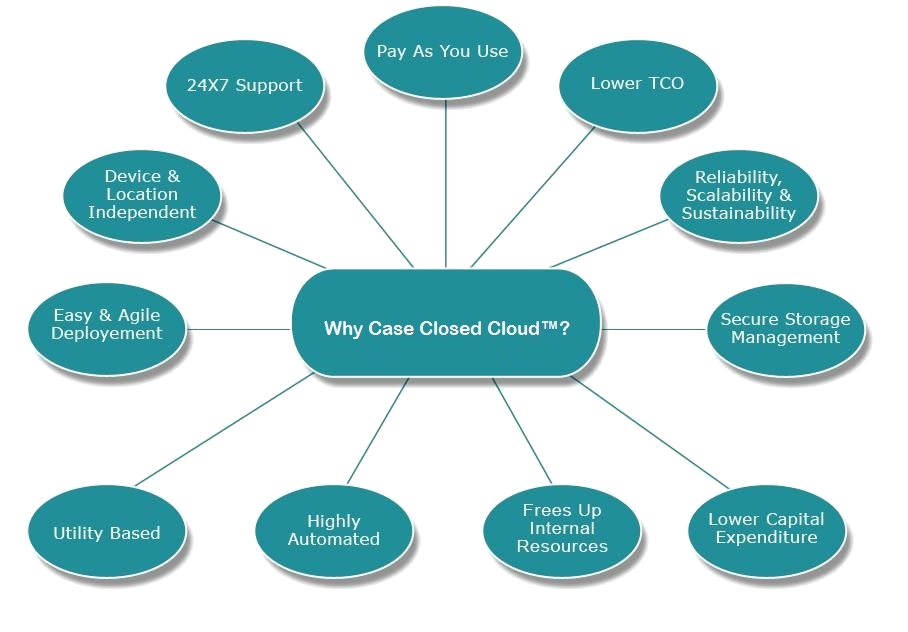FOR IMMEDIATE RELEASE
Austin, TX – March 20, 2025 – Case Closed Software™, the industry leader in investigation management solutions, is proud to announce the release of CaseNexus™, a groundbreaking real-time case matching and intelligence-sharing platform designed exclusively for law enforcement and investigative agencies. CaseNexus leverages cutting-edge encryption, real-time notifications, and proprietary hashing technology to enable secure, cross-agency collaboration—without ever compromising sensitive case data.
“Law enforcement agencies face increasing pressure to solve cases quickly and work collaboratively across jurisdictions, but data security and operational integrity are often at odds with that goal,” said Douglas Wood, CEO of Case Closed Software. “We knew there had to be a better way to securely match and share intelligence in real time without exposing sensitive information—and that’s exactly what we’ve built with CaseNexus.”
Unmatched Security and Real-Time Intelligence
At the heart of CaseNexus is a proprietary hashing and encryption engine that allows agencies to store case data securely and match it against other agencies’ hashed data in real time. Unlike traditional data-sharing platforms, CaseNexus ensures that no raw data is ever exposed during the matching process, maintaining the highest levels of operational security.
Key Features of CaseNexus:
- Real-Time Matching: CaseNexus processes and compares hashed data instantly, ensuring that investigators are notified of potential matches without delay.
- End-to-End Encryption: All data is encrypted using AES-256, the highest industry standard for data protection.
- Proprietary Hashing Algorithm: Data is converted into secure hashes using a one-way, irreversible algorithm, ensuring that even matched data remains confidential.
- Instant Notifications: When a match is found, CaseNexus delivers real-time notifications to authorized personnel, enabling immediate action.
- Cross-Agency Collaboration: Agencies can securely compare and match case data across jurisdictions without exposing sensitive information.
- Zero-Knowledge Architecture: CaseNexus is designed so that even the platform itself cannot access or view the underlying data, preserving the integrity of investigative work.
Transforming Law Enforcement Investigations
CaseNexus is purpose-built for specialized law enforcement units and multi-jurisdictional task forces, including:
- High-Intensity Drug Trafficking Areas (HIDTAs): Facilitates secure, real-time tracking of drug networks and criminal activity across jurisdictions.
- Internet Crimes Against Children (ICAC) Task Forces: Enables faster identification of offenders and coordinated responses.
- Human Trafficking and Exploitation Units: Matches intelligence across local, state, and federal agencies without compromising data security.
- Counterterrorism and Organized Crime Units: Links seemingly unrelated cases and patterns to uncover larger networks and threats.
- Fusion Centers and Intelligence Units: Enhances real-time threat analysis and situational awareness.
- Cold Case and Homicide Units: Uncovers hidden connections between cases and previously unidentified suspects.
- Financial Crimes and Cybercrime Units: Detects patterns in fraudulent activity and cyberattacks across agencies.
- Weapons Trafficking and Firearms Task Forces: Matches ballistic data and gun trafficking networks securely and instantly.
Solving Cases Faster, Smarter, and Safer
“CaseNexus solves a problem that has plagued law enforcement for decades: the inability to securely and efficiently share intelligence across agencies without risking data exposure,” said Douglas Wood. “With CaseNexus, agencies can work together faster and smarter—without compromising security.”
About Case Closed Software
Case Closed Software is a leading provider of investigative case management solutions for law enforcement, federal agencies, and intelligence organizations. Known for its secure, scalable, and innovative platforms, Case Closed Software empowers investigative teams with the tools they need to solve cases efficiently while maintaining the highest levels of data protection and compliance.
Availability
CaseNexus is now available to qualified law enforcement and investigative agencies. For more information or to schedule a demo, visit https://www.caseclosedsoftware.com







 Case Closed Software
Case Closed Software
 Here’s an excellent, must-read article from Andrew Guthrie Ferguson, a Professor of Law at the
Here’s an excellent, must-read article from Andrew Guthrie Ferguson, a Professor of Law at the 
 ‘Correctly’ is the operative term, of course. The ability to turn these large data stores into actionable investigation intelligence requires more than a simple data warehouse or data mining tool, and for the most part police departments recognize this need. They understand that their data holds the key to understanding the hidden connections between people, places, and things – the lynchpin of any successful investigation.
‘Correctly’ is the operative term, of course. The ability to turn these large data stores into actionable investigation intelligence requires more than a simple data warehouse or data mining tool, and for the most part police departments recognize this need. They understand that their data holds the key to understanding the hidden connections between people, places, and things – the lynchpin of any successful investigation. Big Data Investigation Analytics – such as those provided by Virginia based
Big Data Investigation Analytics – such as those provided by Virginia based  When paired with the robust investigative case management and criminal intelligence systems available from
When paired with the robust investigative case management and criminal intelligence systems available from 
 Crime Tech Solutions, who earlier this year acquired TN based
Crime Tech Solutions, who earlier this year acquired TN based